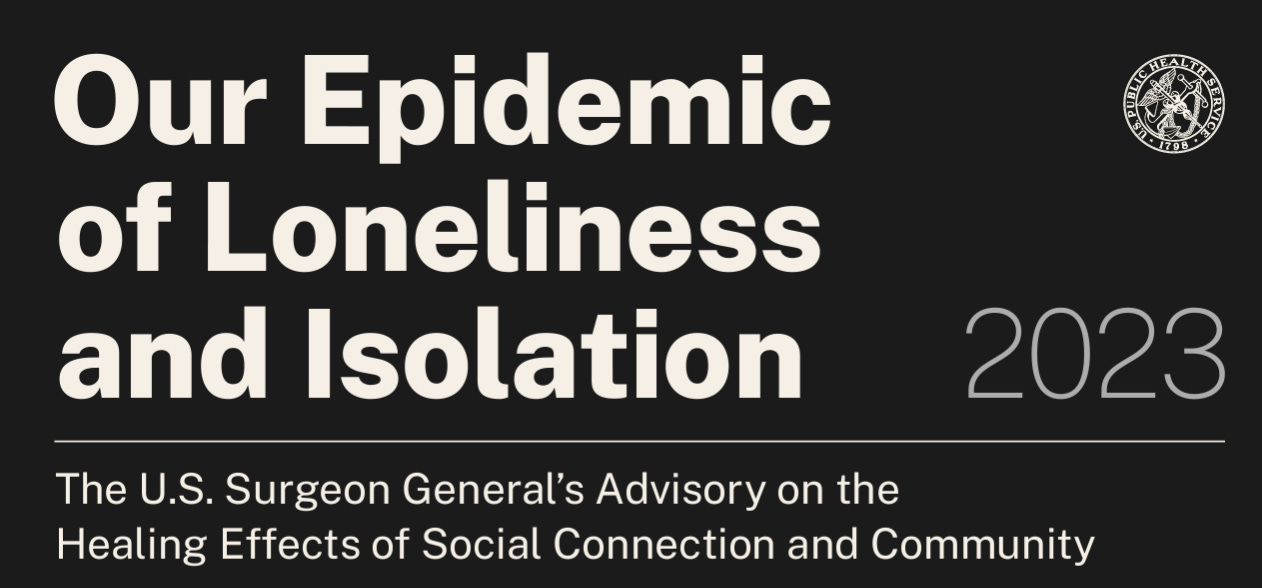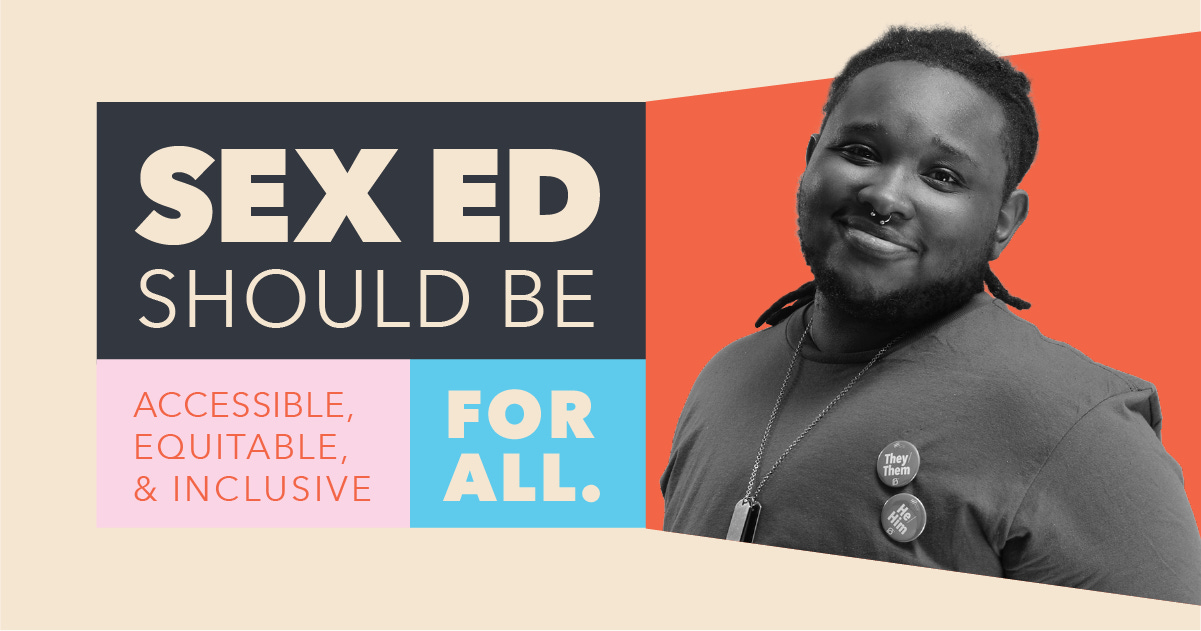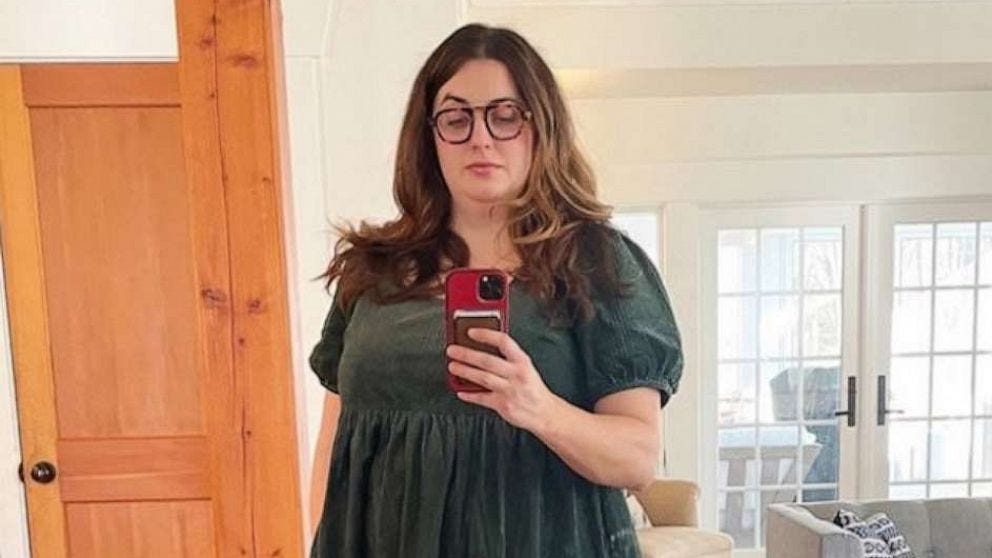Teaching Health Today: Say Know To Drugs
Is America's approach to drugs really changing? We share TONS of great resources for teaching about substance use. PLUS: A new study says teens are having a lot less sex.
Hello!
You’re reading Teaching Health Today, a newsletter from me, Christopher Pepper which you can learn about here. If you like what you read today, please subscribe and/or share it with someone else who would too.
And watch this space! I have some very exciting things in the works, including a big announcement coming soon. So seriously, subscribe now so you don’t miss that. OK, enough with the vague hype building! Let’s get into it!
Curriculum and Resources
Safety First
I am THRILLED to share the new version of Safety First, a groundbreaking (and free!) 15-lesson comprehensive, harm-reduction-based, drug educaton curriculum. These lessons are now being supported and updated by Stanford University’s Halpern-Felsher REACH lab. Here’s how the lab describes Safety First’s approach:
Safety First Does:
See abstinence as an important, and primary, strategy in reducing drug harms.
Empower teens to make healthier choices through accurate information.
Recognize that some teens will try drugs.
Encourage teens to take steps to reduce the potential harms of drug use.
Safety First Does Not:
Encourage or condone teen drug use.
Teach teens how to use drugs
Judge teens who use drugs.
More Fantastic Free Resources from Stanford University
Safety First is just one of the excellent free tools available from the REACH Lab. Others to check out:
You and Me, Together Vape-Free Curriculum with lessons for elementary, middle, and high schools.
Smart Talk: Cannabis Prevention & Awareness Curriculum with lessons for middle and high schools.
Healthy Futures Curriculum - an alternative-to-suspension curriculum for any student caught using tobacco/vaping on school campus, or anyone working with students who want to quit.
New Screenagers Film
Safety First is featured in the new documentary film Screenagers Under The Influence: Addressing Vaping, Drugs, and Alcohol in the Digital Age. The film debunks myths and depicts strategies parents and schools can use to encourage healthy decision-making, support teen mental health, set limits, and create healthy home environments. The film also includes many ways young people are using their wisdom and strength to help each other and themselves through this complicated terrain.
To host a screening, fill out a request form, or sign up for The Screenagers Project, which allows schools to have ongoing access to the movie. I helped write some of the viewing guides and lesson plans that accompany the film, and I think it is a great tool to stimulate discussions with students and families.
Is Harm Reduction America’s New Drug Policy?
In “The Morning” newsletter on May 4, German Lopez of The New York Times wrote that "For decades, the U.S. focused on trying to scare people away from drugs, instituting tough criminal penalties and emphasizing law enforcement over addiction treatment. But a major change is underway."
The same day’s episode of The Daily podcast, “What if You Could Save Someone From an Overdose,” looks at the history of Narcan and asks if its new availability could change the trajectory of the opioid epidemic.
The paper’s opinion desk suggested another approach for reducing harm from alcohol: “We actually know how to reduce American fatalities from excessive drinking. The answer is taxes. More of them. On alcohol.” That’s the solution they explore in this short, entertaining video.
Wellness
How to Feel Less Lonely, According to the Surgeon General
“We Have Become a Lonely Nation. It’s Time to Fix That.” That’s the message Surgeon General Dr. Vivek H. Murthy put forth in a personal essay this week, as well as releasing an advisory on strengthening our social fabric, and sharing tips on feeling less lonely with reporter Christina Caron.
Opportunities
Teaching Jobs in San Francisco
San Francisco Unified School District has openings for full-time health teachers for 2023-24, at both the middle school and high school level. Candidates who have college degrees and relevant experience are being considered, even if they don't have a teaching credential yet.
This is a chance to work with an incredible team doing some of the best health ed work in the country. Email me, Christopher Pepper, at pepperc@sfusd.edu for more information, and/or apply directly here.
Join the National Dove Self-Esteem Project Cadre of Trainers
Do you live in California, New Mexico, Arizona, or the DC area AND speak Spanish/English? Are you interested in being a trainer with the Dove Self-Esteem Project? They are currently looking for one more person to add to the 2023 cadre! Click here to learn more and to apply.
Keep On Learning
Sex Ed For Students of Varying Abilities
May is Sex Ed for All Month, a great time to focus on bringing comprehensive sex education to all students. To help with this, California’s Department of Public Health STD Control Branch invites you to join a free, live virtual Sexual Health Educator Training on Best Practices and Resources for Providing Sexual Health Education to Students with Varying Abilities.
Tuesday, May 16th 3:00pm - 5:00pm. PST
Register now to reserve your spot
Youth Cannabis Education and Prevention Campaigns
Learn about California’s current campaigns for youth (Mind Over Marijuana) and parents/guardians (Let’s Talk Cannabis) in this free, one-hour webinar.
Wednesday, May 17, 2023 12:00 p.m. – 1:00 p.m. PST
Register Today to save a spot
News
Pandemic sent high school sex to new low, survey finds (Associated Press)
The first years of the pandemic saw a huge decline in high school students having sex. About three decades ago, more than half of teens said they’d had sex, according to a large government survey conducted every two years. By 2019, the share was 38%. In 2021, 30% of teens said they had ever had sex. That was the sharpest drop ever recorded by the survey. READ MORE
Parents are not ready for the new reality of teen cannabis use (Washington Post)
A sense of disbelief — pot wouldn’t do this — is prevalent among parents who have watched their teenagers become gripped by addiction. But the landscape of teen marijuana use has radically transformed in the decades since today’s parents were teens themselves, and many Gen X’ers and millennials might not be attuned to what that means. READ MORE
How to protect kids from the negative impacts of diet culture (Good Morning America)
"Kids start to learn that fat is the wrong way to have a body between the ages of 3 and 5. This is pressure that starts really early," author Virgina Sole-Smith says. "One of the top predictors of future eating disorder risk is kids being shamed for their weight and childhood dieting experiences." READ MORE/WATCH









